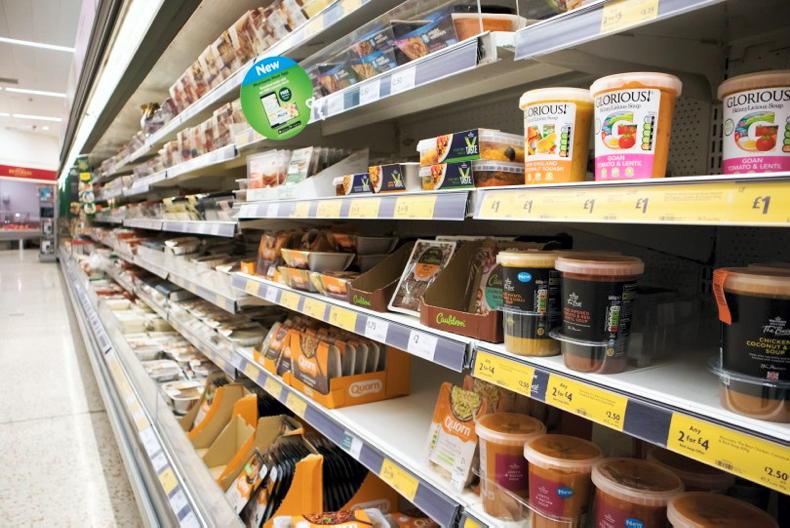A study by an Oxford-led research team found that many meat alternatives have one fifth to less than 1/10th of the environmental impact of meat-based equivalents.
The research compares the environmental impact of meat and meat alternative products, such as plant-based sausages or burgers.
The team estimated the environmental impact of 57,000 food products in the UK and Ireland.
Lead author Dr Michael Clark says: “By estimating the environmental impact of food and drink products in a standardised way, we have taken a significant first step towards providing information that could enable informed decision-making”.
The challenge now is how to effectively communicate this information to consumers.
Four environmental scores
The research used publicly-available information to derive estimates of the environmental impact of 57,000 food products, which make up the majority of foods and drinks for sale in UK and Irish supermarkets.
They looked at greenhouse gas emissions, land use, water stress and eutrophication potential.
These four scores were then combined into a single composite environmental impact score per 100g of product.
It is the first transparent and comparable method for assessing the environmental footprint of multi-ingredient processed foods.
It could prompt retailers and food manufacturers to reduce the environmental impact of the food supply, thereby making it easier for all of us to have healthier, more sustainable diets, according to professor of population health at the University of Oxford Pete Scarborough.
Plant-based foods have lower impact
The researchers quantify the differences in environmental impact between multi-ingredient products and find that those made of fruits, vegetables, sugar and flour, such as soups, salads, bread and many breakfast cereals, have low impact scores, and those made of meat, fish and cheese are at the high end of the scale.
Jerky, biltong and other dried beef products, which typically have more than 100g of fresh meat per 100g of final product, often have the highest environmental impact.
The research also found that when comparing the environmental impact score to their nutritional value as defined by the Nutri-scrore method, products that were more sustainable tended to be more nutritious, including meat and meat alternatives.
The method allows manufacturers to reduce the environmental impact, while ensuring a high nutritional quality of products.
Sugary beverages were an exception - they have a low environmental impact, but also score poorly for nutritional quality.
The researchers identified one limitation of the analysis in that information on ingredient sourcing, such as country of origin or agricultural production method, is lacking from ingredient lists, which would help increase the accuracy of the environmental impact estimates.
The research is significant for farmers, processors and Irish food manufacturers. There is a growing focus on the environmental sustainability of food by consumers. Research shows that consumers want to make more sustainable decisions.
This research provides a reproducible method through which consumers can be better armed to make those decisions.
It heightens the business case for Irish farmers to continually increase the sustainability of food produced here and, critically, to ensure that it is robustly verifiable.
While the sector is now being compelled to reduce emissions by 25%, the opportunity for Ireland is to reduce the environmental impact of output across a range of environmental measures.
Ireland can aim to be the 'Intel inside' of food and manufactured food. But it will require a clear strategy and roadmap, significant transformation and buy-in across the sector.








SHARING OPTIONS